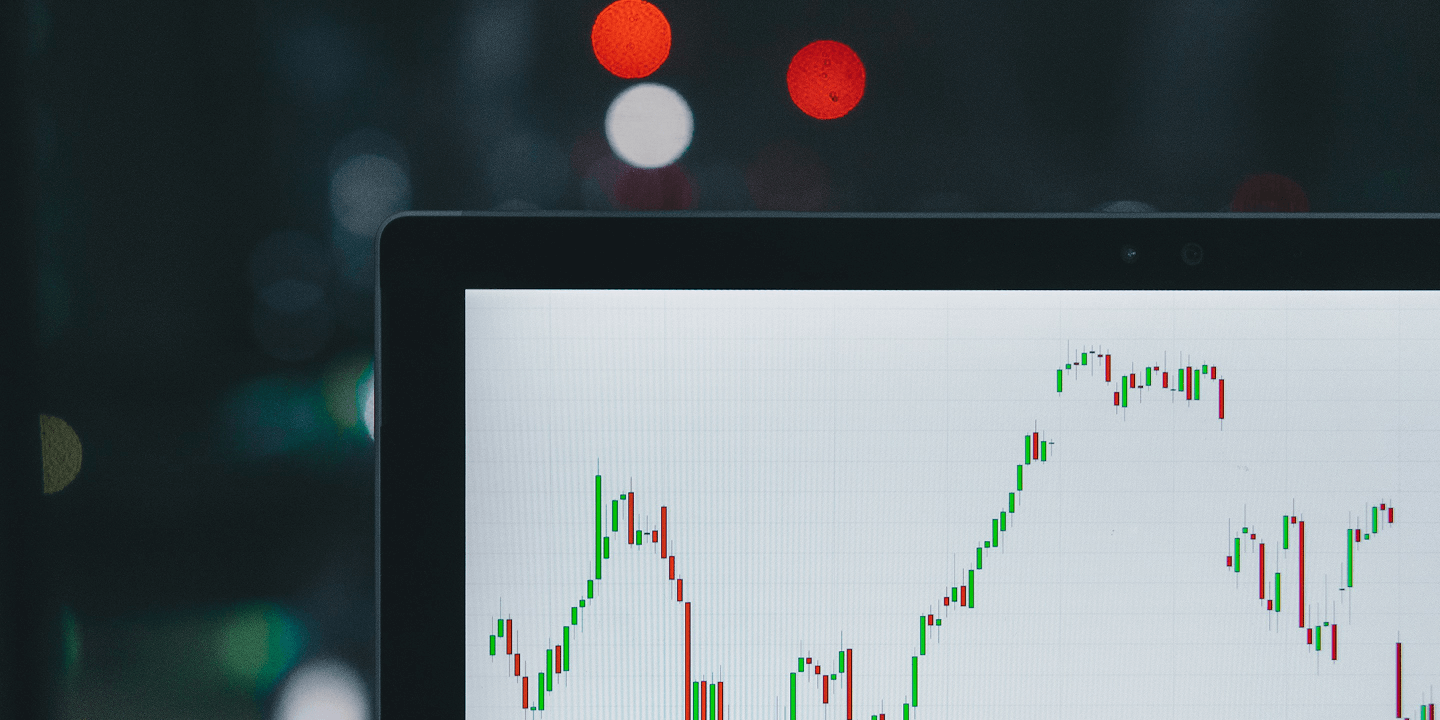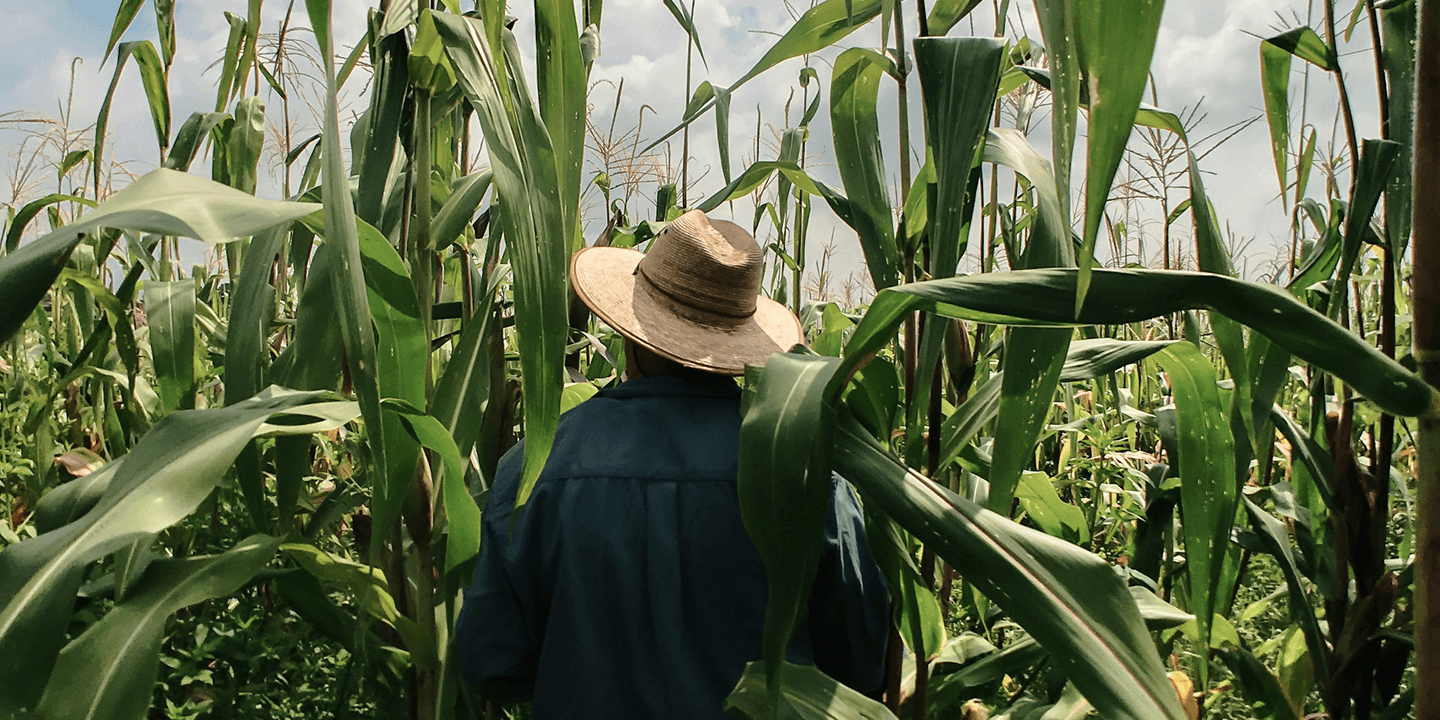- Last intact forests on earth under mounting threat of irreversible, permanent loss if new approaches to protect them are not urgently supported
- Classified as High Forest, Low Deforestation (HFLD), a dozen countries and nearly 40 subnational jurisdictions together contain a quarter of the world’s existing forests – locking in billions of tonnes of carbon each year
- Until now, carbon credits have not been available to companies to support the protection of HFLD jurisdictions, which are generally defined as having high forest cover and low historical rates of deforestation
- Climate Impact X, Conservation International, Emergent, Natural Climate Solutions Alliance and Wildlife Conservation Society convened to offer guidance on the role of credits from HFLD jurisdictions within broader climate mitigation portfolios – and to preserve nature at scale
SINGAPORE / LONDON / NEW YORK – 2 November 2022 – A coalition of leading non-profits and organisations have convened to mobilise support for the preservation of the planet’s last intact forests. This coalition is launching guidance on the use of carbon credits from High Forest, Low Deforestation (HFLD) jurisdictions, represented by a dozen countries and nearly 40 subnational jurisdictions globally. HFLD jurisdictions hold a quarter of the world’s forests and currently have low deforestation rates – locking in billions of tonnes of carbon and contributing to the global terrestrial sink, which absorbs some 30 per cent of global emissions each year. Soon, carbon credits from HFLD jurisdictions will be available under two reputable standards, offering a market-based incentive to preserve nature at scale.
Carbon credits provide a readily available market-based solution for protecting intact forests at a time when ambitious action is urgently needed. Climate Impact X, Conservation International, Emergent, Natural Climate Solutions Alliance and Wildlife Conservation Society have come together to provide guidance for ambitious companies to make more informed decisions about using credits from HFLD jurisdictions within broader climate mitigation portfolios. The guidance is available in a whitepaper released in conjunction with COP27 in Sharm El-Sheikh, Egypt.
HFLD jurisdictions now have the opportunity to generate credits through the Architecture for REDD+ Transactions (ART-TREES) and the World Bank (FCPF). These credits will be available for investment and purchase, with the potential to protect some of the most critical forest areas remaining on the planet.
Like other high-quality credits, these HFLD credits employ very conservative benchmarks to quantify the beneficial contribution of HFLD jurisdictions to global climate mitigation.
Credits from HFLD jurisdictions play an ongoing role in buttressing the integrity of forest credits
While nearly all forests will eventually face threats, carbon credits have, until now, focused predominantly on areas that have already experienced high rates of deforestation. Perversely, this has meant that forests in HFLD jurisdictions were overlooked until they were under immediate threat or after they had been cut.
This oversight failed to acknowledge their significant value. Scientists have estimated that the loss of intact forests causes about six times the carbon impact, in terms of emissions and lost sequestration, than from deforestation alone. Going beyond climate, HFLD jurisdictions also promote biodiversity protection, valuable ecosystem services, and support for Indigenous peoples and local communities (IPLCs).
The guidance paper provides more context and sets out the following guidelines for businesses and governments looking to support nature preservation at scale through credits from HFLD jurisdictions.
- Fungibility: Credits from HFLD jurisdictions with attributes of high environmental and social quality are fungible – or interchangeable – with other types of nature-based avoidance credits such as those from existing REDD+ (avoided deforestation) projects. They should therefore play a crucial role in balanced and diversified carbon credit portfolios.
- Additionalityi : Credits from HFLD jurisdictions are additional, as loss of forests in these areas is occurring and increasing, with threats shifting rapidly and unpredictably. Global deforestation persisted at an alarming rate over the past 20 years, with the planet losing a football field of rainforest every six secondsii . Human intervention is necessary for protection of forests in HFLD jurisdictions.
- Leakageiii: Credits from HFLD jurisdictions can play an important role in minimising domestic and international leakage, by providing jurisdictions with the resources and incentives to implement programmes that more holistically address leakage within their boundaries and resist the spread of deforestation from beyond their own borders.
- Permanence: Credits from HFLD jurisdictions promote permanence of forest protection outcomes. This provides jurisdictions with an opportunity to continue receiving predictable carbon finance even after deforestation falls, in recognition that the threats do not cease.
The proportion of credits from HFLD jurisdictions within an overall portfolio will differ by company, according to its own priorities and goals. Our guidance paper lays out a number of considerations for determining the appropriate investment in HFLD credits. Companies may use this guidance alongside other considerations, such as the mix of non-forest credits, compliance needs, geography and alignment with broader benefits, as they determine their right balance.
Deforestation has been the second largest source of greenhouse gas emissions, and protecting the world’s remaining forests is essential for reaching the goal of zero net emissions by mid-century.
Download the guidance and learn more at preserveforests.org.
Mikkel Larsen, CEO of Climate Impact X, said, “Credits from HFLD jurisdictions can help to incentivise nature preservation at scale. They offer an additional way for companies to invest in preventative actions that support forest protection, while avoiding perverse incentives that reward jurisdictions which have experienced the highest rates of deforestation. Carbon markets provide valuable, ongoing finance to support projects that protect as well as restore forests and other natural ecosystems. This paper offers guidance for ambitious companies that are using carbon credits to supplement their existing climate strategies, and sets out how HFLD credits can fit into a broader portfolio of climate action.”
Jason Funk, Director of REDD+ Strategy, Conservation International, said, “For climate, for biodiversity, for communities – we know that protecting an existing forest is so much more valuable than stripping it for parts. But until recently, companies did not have a good way to incorporate this fact into their own climate strategies. Meanwhile, forest protectors are continuing to be overwhelmed by new threats and the global rate of ongoing deforestation is proof. HFLD credits are a tool that can connect corporate investments with forest protectors’ needs, giving companies a new opportunity to contribute to needed solutions. With this guidance, we pave the way for companies to add HFLD credits as an indispensable and long-awaited component of their climate strategies.”
Eron Bloomgarden, Founder and CEO, Emergent, said, “Ending forest loss this decade is a crucial part of meeting global climate, biodiversity and sustainable development goals. The LEAF Coalition and Emergent were created to increase the speed and scale of tropical forest protection. Emergent is proud to contribute to this guidance, advancing the clear and crucial case for supporting high forest, low deforestation countries and states. Together with the authors of the paper, we can bring together key private and public sector actors and ultimately catalyse the finance needed to preserve these vital ecosystems.”
Giulia Carbone, Director at the Natural Climate Solutions Alliance, said, “A balanced portfolio of Natural Climate Solutions carbon credit should reflect the NCS hierarchy which calls for prioritising the protection of pristine ecosystems. The paper on High Forest Low Deforestation presents the arguments needed to make an informed decision about the inclusion of HFLD credits into the portfolio. It is crucial though that HFLD credits, like any other NCS credit, be verified by a recognised carbon-crediting programme to ensure their integrity, in particular with regards to the respect of all the safeguards and ensuring additionality.”
Stephanie Wang, Associate Director, Climate Finance Policy, Wildlife Conservation Society, said, “Carbon credits from High Forest Low Deforestation jurisdictions offer a new opportunity for a broader range of forest countries, subnational governments, and Indigenous Peoples to access carbon finance. This is a matter of equity for governments and communities that have kept rates of deforestation low in the face of increasing threats, but have been largely shut out of REDD+ finance for precisely this reason. By purchasing high-quality, fungible credits from HFLD jurisdictions, companies can enable these stakeholders to pursue sustainable low-carbon pathways while protecting forests that are indispensable for climate, biodiversity, and the preservation of nature.”
For more information, please contact:
- Climate Impact X – Daphne Chuah | daphne.chuah@stg-climateimpactxcom-staging.kinsta.cloud
- Conservation International – Jenny Parker | jparker@conservation.org
- Emergent – Phil Brady | phil@emergentclimate.com
- Natural Climate Solutions Alliance – Irene Gedeon | gedeon@wbcsd.org
- Wildlife Conservation Society – Katherine Jung | kjung@wcs.org
- Additionality refers to efforts that support positive, protective actions that otherwise would not have occurred.
- Global Forest Watch (2021). Primary Rainforest Destruction Increased 12% from 2019 to 2020.
- Leakage refers to the displacement of deforestation to existing forests not otherwise receiving finance.









